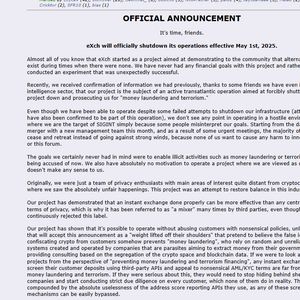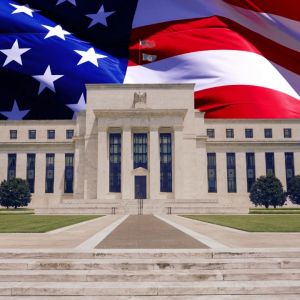The US Commodity Futures Trading Commission ( CFTC ) has taken a big step by removing two major directives that had previously placed extra scrutiny on crypto derivatives. This move is seen as an effort to bring digital asset regulations in line with those for traditional financial (TradFi) products. With this change, the CFTC hopes to attract more institutional players into the crypto space, boosting both liquidity and market growth. The directives in question were Staff Advisory No. 23-07 and No. 18-14, both issued by the Division of Clearing and Risk (DCR). Advisory 23-07, released in May 2023, warned about risks linked to clearing digital assets. Advisory 18-14 addressed the process of listing derivatives tied to virtual currencies. At the time, both seemed to target crypto assets more strictly than other financial products. Now, the CFTC says those directives are no longer needed. By withdrawing them, the agency aims to send a clear message: digital asset derivatives like those based on Ethereum (ETH) will no longer be treated differently from other derivatives. In a letter explaining the change, the DCR said it wants to avoid giving the impression that crypto will be regulated separately from other commodities. This shift marks an important change in the US approach to digital assets. It reflects the CFTC’s effort to support innovation while also bringing digital products under the same framework as traditional ones. The goal is to make crypto derivatives more acceptable for mainstream financial institutions, opening the door for more trading and participation in the market. Still, the CFTC emphasized that this doesn’t mean crypto is risk-free. Derivatives clearing organizations (DCOs) are still expected to carry out thorough risk assessments, especially because digital assets come with unique risks. This balanced approach aligns with broader efforts by other regulators to promote growth in the crypto industry without lowering oversight standards. This development follows another major update: the Office of the Comptroller of the Currency (OCC) recently said that US banks can now provide crypto and stablecoin services without needing prior approval. However, the OCC stressed that strong risk management is still a must. Acting Comptroller Rodney E. Hood noted that banks must apply the same high standards of risk control to crypto-related activities as they do to regular ones. So, while the CFTC is working to erase the line between crypto and traditional derivatives, the OCC and FDIC continue to require strict risk controls for any bank offering crypto services. This shows a split in regulatory focus: one side pushes for equal treatment, the other focuses on ensuring safety. Despite this, both approaches point to a common goal — encouraging responsible innovation in the financial sector. By lowering barriers while keeping essential safeguards, US regulators are trying to support the crypto market’s development in a secure and stable way. In short, the CFTC’s latest move signals a big step toward normalizing crypto in the broader financial system. It may be the start of deeper integration of digital assets into traditional finance, offering more opportunities for growth — but still under careful watch.
















